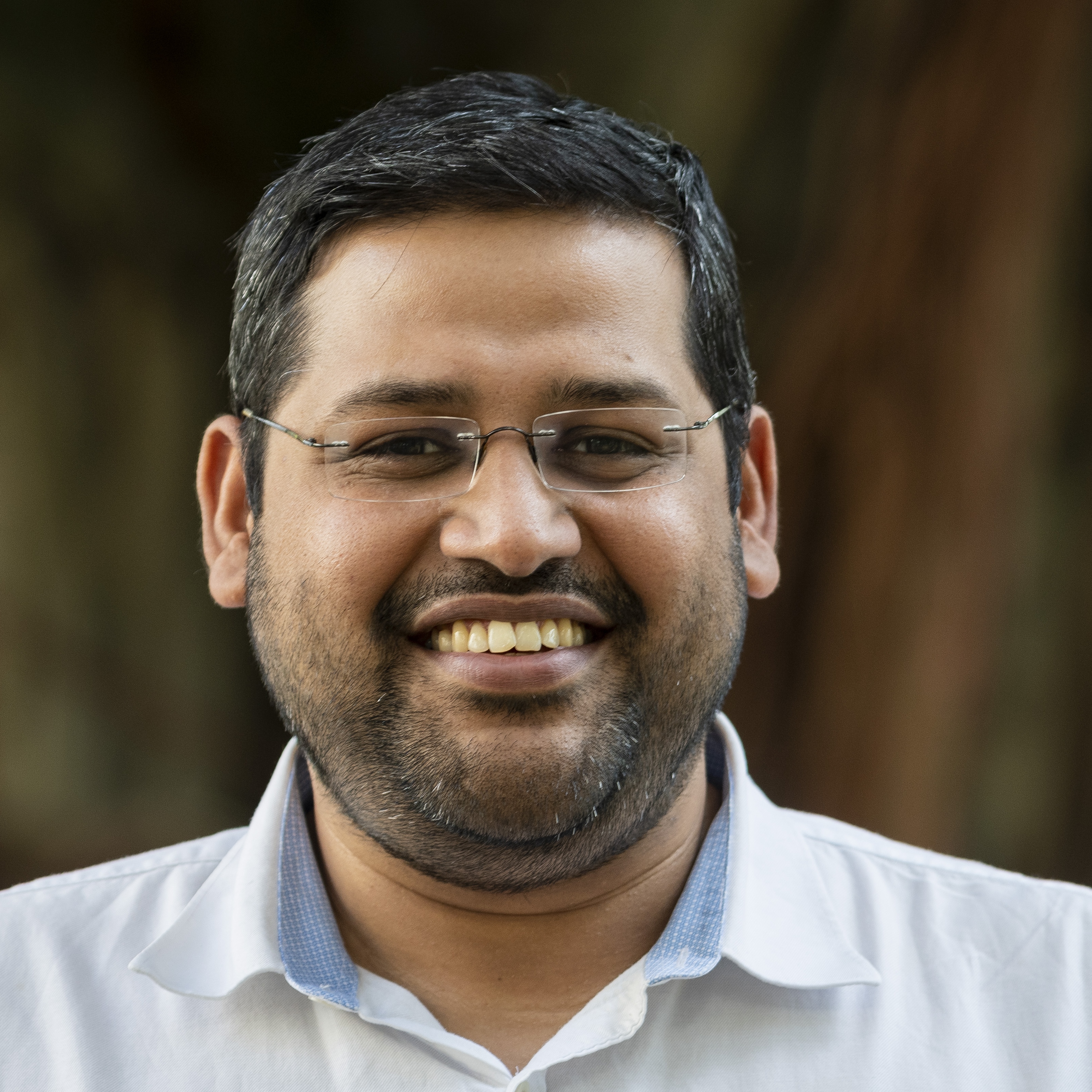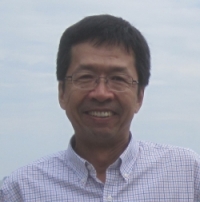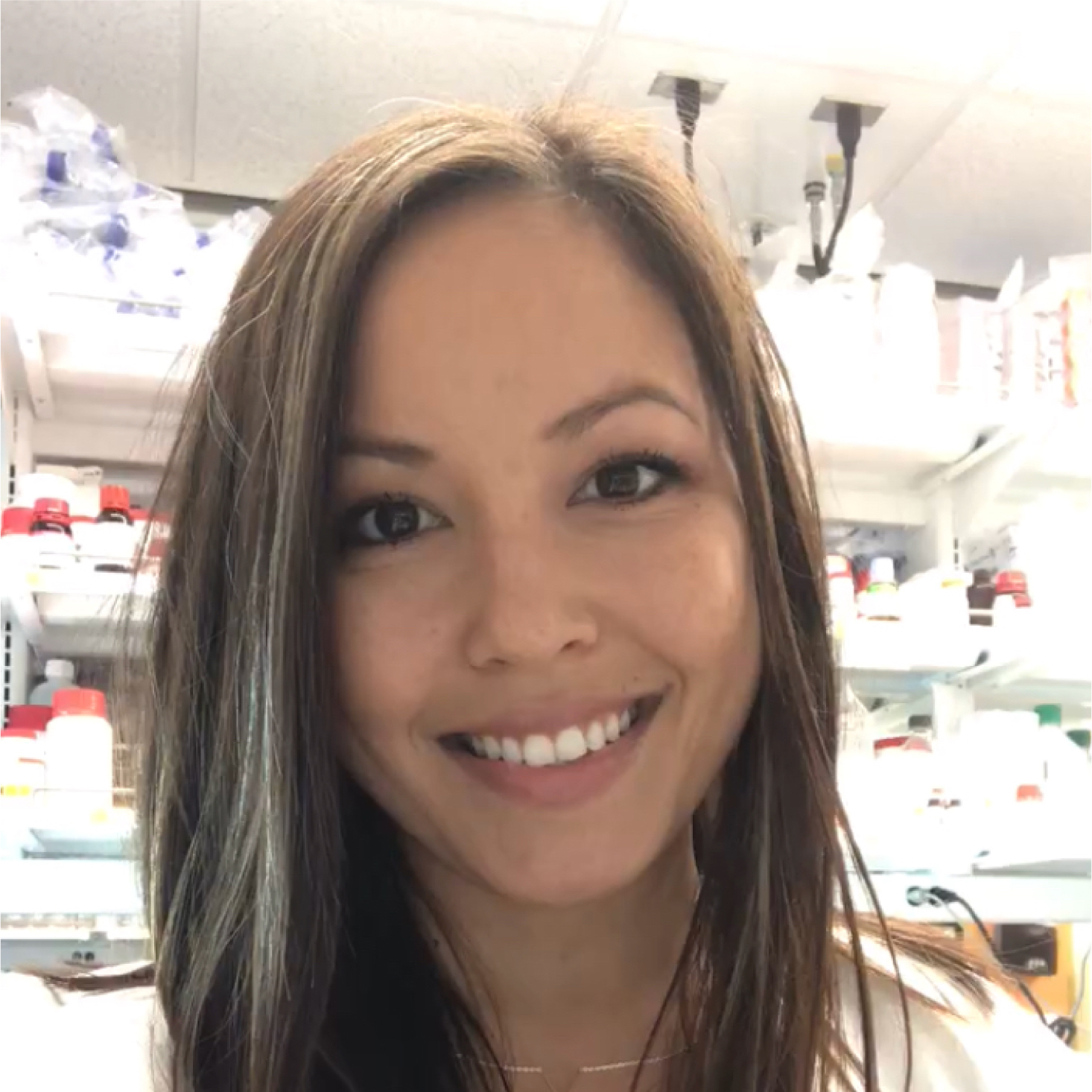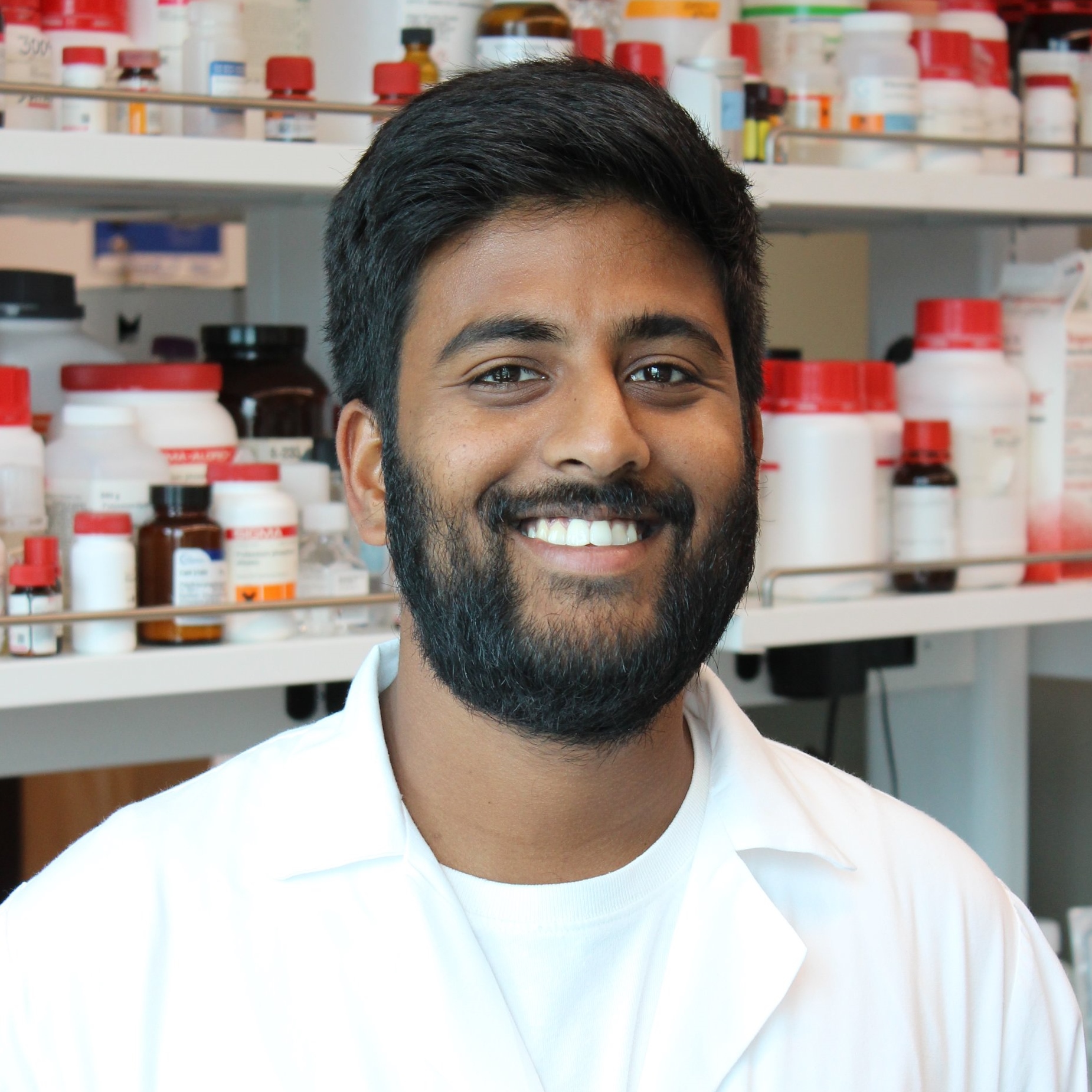Engineering a Human Microphysiological System for the Characterization of Islet-Immune Interactions
Contact PI: Cherie Stabler, PhD, University of Florida (UG3 DK122638)
Ashutosh Agarwal, PhD, University of Miami, Investigator
Todd Brusko, PhD, University of Florida, Investigator
Clayton Mathews PhD, University of Florida, Investigator
Rhonda Bacher, PhD, University of Florida, co-Investigator
Edward Phelps, PhD, University of Florida, co-Investigator
Naohiro Terada, PhD, University of Florida, co-Investigator
Start Date: August 1, 2019
End Date: December 31, 2025
Abstract
Three dimensional (3D) microphysiological systems (MPS) represent a powerful intermediate model system employing human cells and tissues capable of bridging in vitro studies and clinical trials. We propose to create an integrated MPS platform to more accurately model the complex cellular interactions involved in human type 1 diabetes (T1D) pathogenesis. We previously generated an MPS containing novel extracellular matrix hydrogels that support sustained islet function and T cell migration along the islet cell surface in 3D (CHIB), and in first-of-their-kind studies, we demonstrated antigen-specific IGRP-reactive human CD8 T cells resulted in targeted β-cell killing (CMAI). Here, we propose an interdisciplinary effort to integrate and expand the MPS platform (referred to as the islet-immune Chip (iiChip)), as well as the cell-based technologies facilitating testing of antigen-specific T cells, isogenic cellular systems capable of deriving multiple cellular lineages, and genome editing technologies for use by the broader HIRN community. Specifically, we will utilize islets or islet- like spheroids, endothelial cell monolayers, and innate and adaptive immune cells, including dendritic cells (DCs), macrophages, CD4+ conventional T cells (Tconv), CD8+ cytotoxic T cells (CTLs), and regulatory T cells (Tregs), to model the spatial configuration and complex cellular interactions involved in human T1D pathogenesis. We hypothesize that this optimized 3D iiChip will facilitate in situ interrogation of Ag- specific and genotype-phenotype interactions that are essential in T1D pathogenesis as well as the mechanistic effects of immunomodulatory therapies with spatial and temporal control. Experimental deliverables will include the ability to assess islet:immune interactions utilizing real-time high-resolution imaging and quantitation of cellular interactions, trafficking, extravasation, and β-cell function/survival. Key features of the iiChip will involve the integration of in-line sensors and bioreporters, spatial and temporal control of inputs for defined stimulation, and integration of matrices with the capacity for fluidic and cellular recirculation, measurement of soluble and cellular readouts in long-term cell culture. In addition, gene edited induced pluripotent stem cells (iPSC) from male and female donors with T1D-risk associated HLA will be available for the generation of immune, endothelial, and endocrine cells that are essential for building an isogenic “disease-on-a-chip” model. When loaded with primary human cells or isogenic iPSC-derived materials (i.e., endothelial, immune, and β-cells), this iiCHIP will enable dynamic interrogation of genotype-phenotype interactions, antigen-specific β-cell killing, and effects of immunomodulatory therapies within a fluidic 3D microenvironment. The iiChip will enable mechanistic studies capable of expediting clinical interventions aimed at inhibition of immune-mediated β-cell destruction, enhancing immune regulation, and testing of β-cell restorative therapies.
Meet the Grant Team
Investigators |
|
Cherie Stabler, PhDInvestigator |
Ashutosh Agarwal, PhDInvestigator |
Todd Brusko, PhDInvestigator |
Clay Mathews, PhDInvestigator |
Co-Investigators |
|
Rhonda Bacher, PhDCo-Investigator |
Edward Phelps, PhDCo-Investigator |
Naohiro Terada, PhDCo-Investigator |
Research Staff |
|
Annie Bowles, PhDPost Doc |
Matthew IshahakResearch Assistant |
Publications
- Inhibition of cell-mediated immunity in type 1 diabetes by beta cell-targeted PD-1 agonists in pancreas tissue slices
- Beta cell dysfunction occurs independently of insulitis in type 1 diabetes pathogenesis
- Advances in Cell Replacement Therapies for Diabetes
- Closing the Gap Between Vision and Victory in Type 1 Diabetes: The NIDDK Human Islet Research Network (HIRN) Initiative
- Efficient transduction of pancreas tissue slices with genetically encoded calcium integrators
- BETA CELL DYSFUNCTION OCCURS INDEPENDENTLY OF INSULITIS IN TYPE 1 DIABETES PATHOGENESIS
- Roadblocks confronting widespread dissemination and deployment of Organs on Chips
- Data-driven selection of analysis decisions in single-cell RNA-seq trajectory inference
- Immunoprotection of cellular transplants for autoimmune type 1 diabetes through local drug delivery
- The immunology of type 1 diabetes
- SliceChip: a benchtop fluidic platform for organotypic culture and serial assessment of human and rodent pancreatic slices
- Insulin-like Growth Factor-1 Synergizes with IL-2 to Induce Homeostatic Proliferation of Regulatory T Cells
- Human immune phenotyping reveals accelerated aging in type 1 diabetes
- Acrylic-based culture plate format perfusion device to establish liver endothelial-epithelial interface
- Immune engineered extracellular vesicles to modulate T cell activation in the context of type 1 diabetes
- Modeling cell-mediated immunity in human type 1 diabetes by engineering autoreactive CD8(+) T cells
- Integrated Physiology of the Exocrine and Endocrine Compartments in Pancreatic Diseases: Workshop Proceedings
- Spermatogonial Stem Cells and In Vitro Spermatogenesis: How Far Are We from a Human Testis on a Chip?
- The role of GABA in islet function
- Integrating Additive Manufacturing Techniques to Improve Cell-Based Implants for the Treatment of Type 1 Diabetes
- Human CD4(+)CD25(+)CD226(-) Tregs Demonstrate Increased Purity, Lineage Stability, and Suppressive Capacity Versus CD4(+)CD25(+)CD127(lo/-) Tregs for Adoptive Cell Therapy
- The Foundation for Engineering a Pancreatic Islet Niche
- Use of Induced Pluripotent Stem Cells to Build Isogenic Systems and Investigate Type 1 Diabetes
- Editorial: Footprints of Immune Cells in the Type 1 Diabetic Pancreas
- Human islet T cells are highly reactive to preproinsulin in type 1 diabetes
- The Immunoregulatory Role of the Signal Regulatory Protein Family and CD47 Signaling Pathway in Type 1 Diabetes
- ENTPD3 Marks Mature Stem Cell Derived Beta Cells Formed by Self-Aggregation in Vitro
- Overexpression of the PTPN22 Autoimmune Risk Variant LYP-620W Fails to Restrain Human CD4(+) T Cell Activation
- Strategies for durable β cell replacement in type 1 diabetes
- Protecting Stem Cell Derived Pancreatic Beta-Like Cells From Diabetogenic T Cell Recognition
- From type 1 diabetes biology to therapy: The Human Islet Research Network
- Designing biomaterials for the modulation of allogeneic and autoimmune responses to cellular implants in Type 1 Diabetes
- Proinsulin-Reactive CD4 T Cells in the Islets of Type 1 Diabetes Organ Donors
- Observing Islet Function and Islet-Immune Cell Interactions in Live Pancreatic Tissue Slices
- Influence of PTPN22 Allotypes on Innate and Adaptive Immune Function in Health and Disease
- Organoid microphysiological system preserves pancreatic islet function within 3D matrix
- Immunomodulatory Dual-Sized Microparticle System Conditions Human Antigen Presenting Cells Into a Tolerogenic Phenotype In Vitro and Inhibits Type 1 Diabetes-Specific Autoreactive T Cell Responses
- In vitro platform establishes antigen-specific CD8(+) T cell cytotoxicity to encapsulated cells via indirect antigen recognition
- A Chemically Defined Common Medium for Culture of C2C12 Skeletal Muscle and Human Induced Pluripotent Stem Cell Derived Spinal Spheroids










